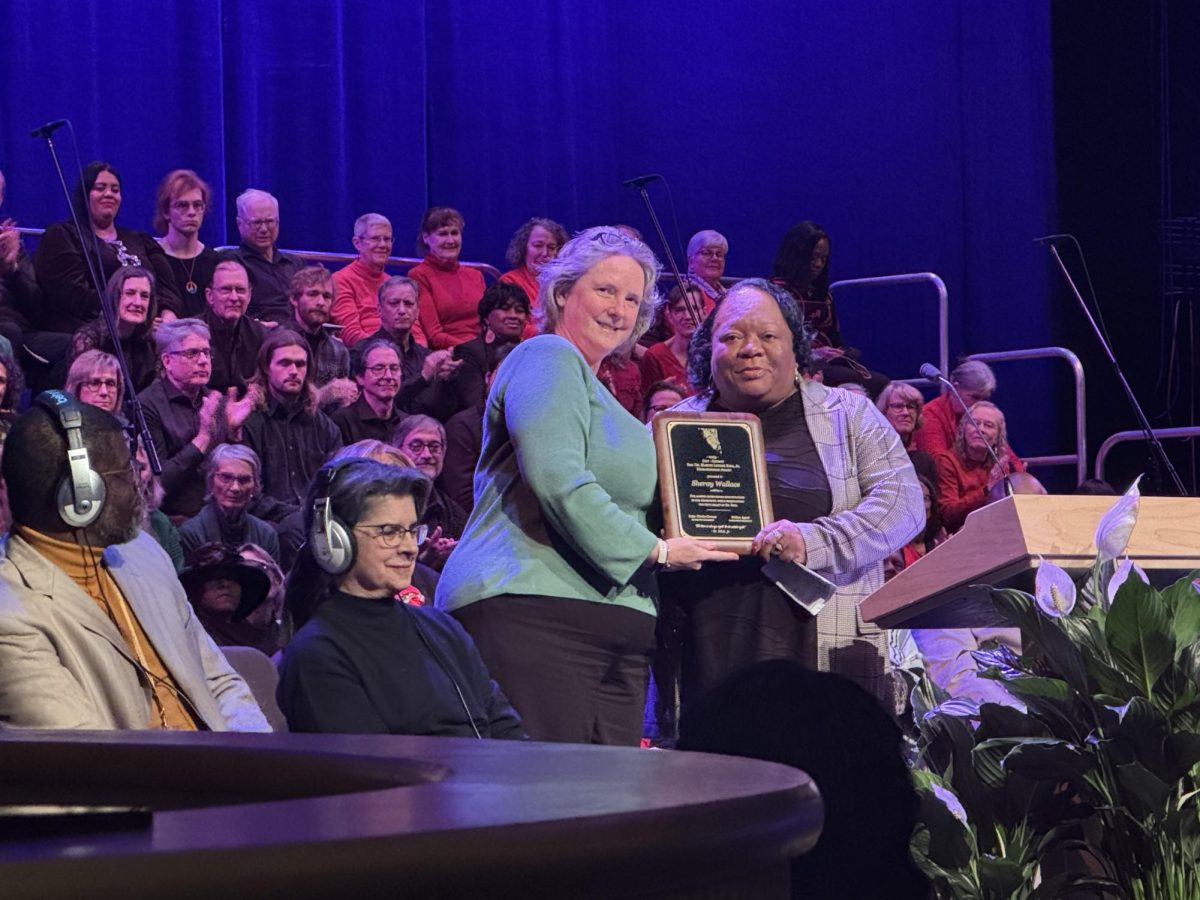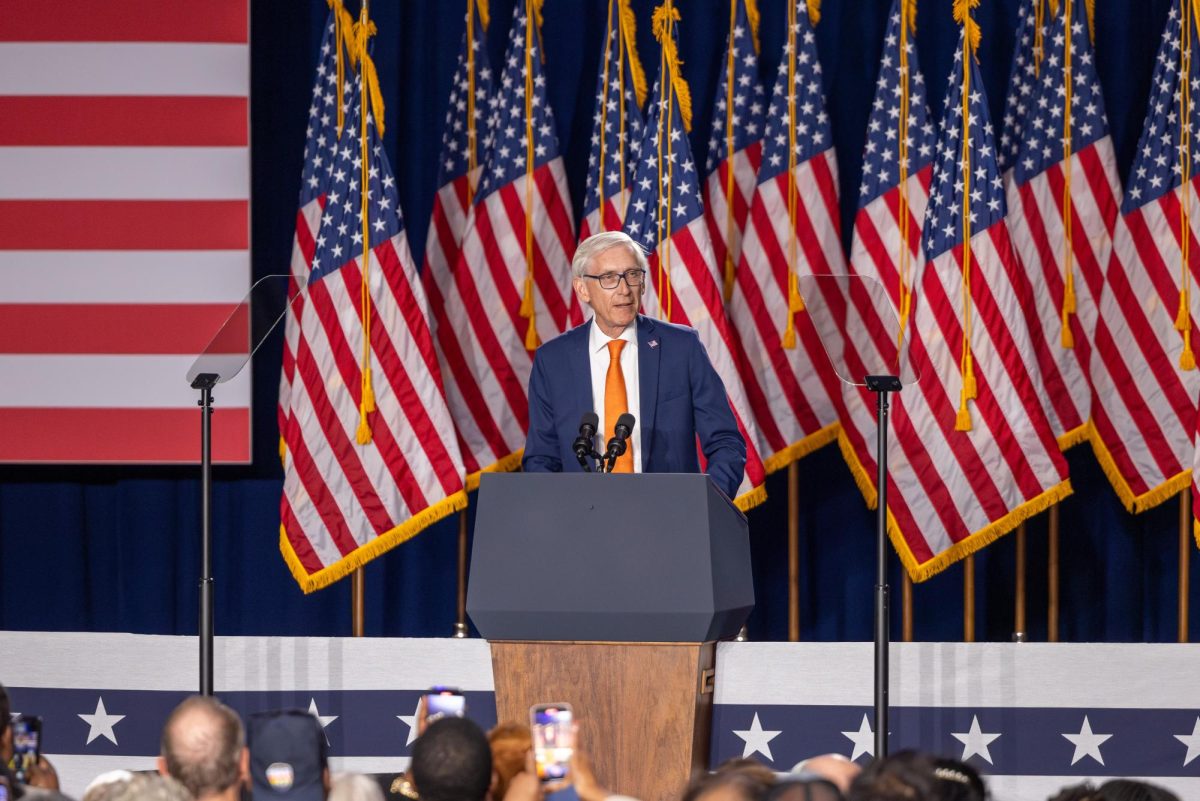Although the Big Ten Network still doesn't have a contract with Madison's Charter Communications, network officials are confident they will close the deal by kickoff this fall with the aid of University of Wisconsin athletic director Barry Alvarez.
At a press conference at Camp Randall Friday, Alvarez said he has already been involved with some negotiations but would step in further if a deal is not agreed upon.
"If you don't have it, there would be such an uproar — I don't know if the cable carrier couldn't carry it," Alvarez said.
Calling the time between now and when the channel launches in August an "eternity" in terms of negotiations, Mark Silverman, Big Ten Network president, said the organization is continuing its discussions with Charter as well as Time Warner, which is the primary provider for Milwaukee and other areas in Wisconsin.
Although the network has already secured contracts with DirecTV and AT&T, Silverman said the contracts are complicated by the multiplatform nature of cable, with Internet, on-demand and high-definition packages.
"We fully expect fans to see the network," Silverman said. "We need to move closer to our launch date to expedite our conversations. Some contracts may be open until just before launch."
Addressing fan frustration with missing games on premium channels like ESPNU and ESPN 360, Alvarez said during last season that fans are "a little spoiled" with every game available on television.
"We should feel fortunate we have another avenue for exposure," Alvarez said. "I would venture to guess fans will be able to see all of our games."
Silverman said his network will provide more than 350 live events per year, extensive coverage of Olympic events like soccer, tennis and volleyball, as well as women's sports.
The network will also have nightly studio shows to analyze the happenings around the Big Ten, according to Silverman.
"The goal is to represent the value of the Big Ten and bring to light as much of the 11 campuses as possible," Silverman said. "We'll be installing a mini studio in each campus to converse with coaches and players on regular basis."
Alvarez said the Big Ten Network would give the conference a recruiting edge because of the comprehensive coverage of all varsity sports.
"With the exposure that all of our teams would get — not just football and basketball — we will be able to go into homes and tell recruits and their parents they'll be able to see your son or daughter on TV," Alvarez said. "You'll be able to watch coaches' shows and follow the Big Ten and our university on a regular basis. That really puts us out in front and gives us a cutting edge in recruiting."
Silverman said the network would be providing each university with 60 hours of campus programming per year to promote the school with musical features, reality shows or anything of their choosing.
"The Big Ten is more than just sports — there's more to this in terms of academics and tradition," Silverman said. "Campus programming will create that rounded programming that fans will be excited about."
Silverman added the network will be hiring between 10 and 15 interns at each school who will receive course credit in their assistance of the network.







